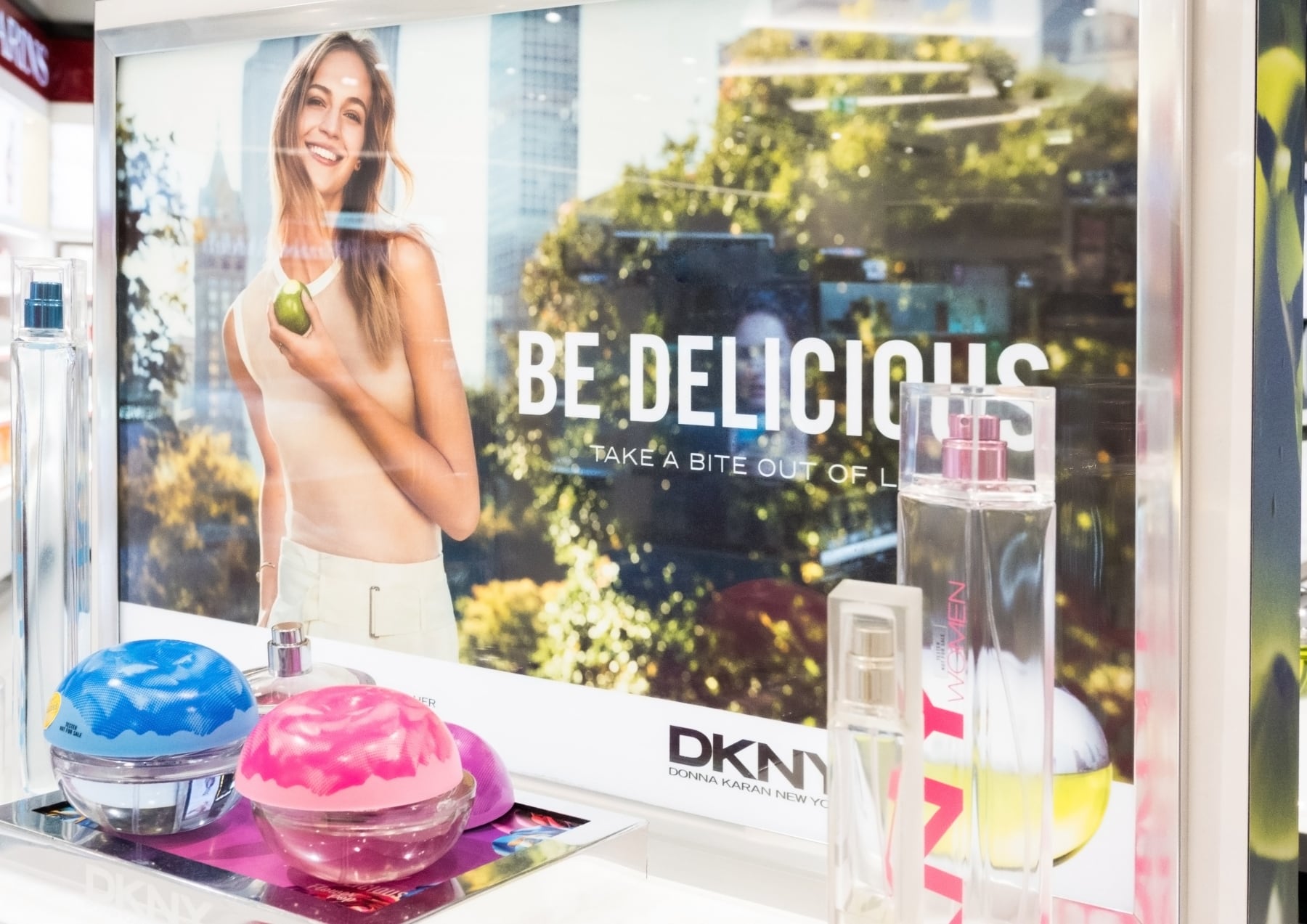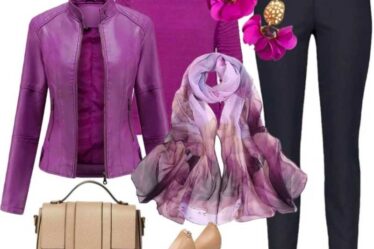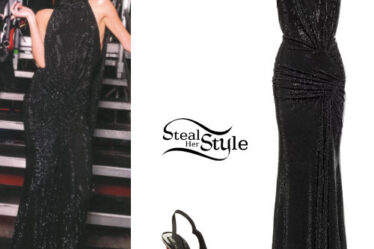
Second-quarter net sales at Inter Parfums rose 11 percent to $342 million against the same period last year, beating a consensus estimate of $339 million. Its stock price rose 11 percent in pre-market trading.
Its European operations rose 14 percent, while its US arm rose 8 percent. Inter Parfums makes fragrances as a licensee for fashion house brands such as Jimmy Choo, DKNY and Karl Lagerfeld.
While robust sales were noted for its Lacoste, DKNY and Roberto Cavalli lines, chief executive Jean Madar noted that other brands such as Montblanc and Coach experienced softer demand, though Madar expects new launches and increased sell-out in the second half of the year to offset the impact.
The premium fragrance market has been especially buoyant in recent years – in the same quarter in 2023, Inter Parfums’ sales rose 26 percent – but Madar said the company was trying to achieve a more balanced pace of launches and promotional activity to ensure consistent performance.
Chief financial officer Michel Atwood noted that sell-in is growing slower than sell-out, with particular challenges in Eastern Europe, and said the company would not upgrade its conservative outlook, and reaffirmed its 2024 guidance of net sales of $1.45 billion.
In a note, Jefferies’ analysts were more upbeat. It upgraded Inter Parfums to “buy” earlier this month, and said Inter Parfums offers an attractive home for smaller brands that lack the capabilities to produce fragrances in house and that might be overlooked in a larger conglomerate portfolio.
In addition to a “blockbuster” new Lacoste scent slated for 2026, Inter Parfums said it had also renewed its Van Cleef & Arpels licence for a further nine years from January 2025, having held the licence since 2006, and renewed it once already.
Sign up to The Business of Beauty newsletter, your complimentary, must-read source for the day’s most important beauty and wellness news and analysis.
Learn more:
Luxury Brands Might Think Twice Before Buying Back Their Beauty Lines
In search of greater ownership — both of image and revenues — more fashion houses are wresting back control of their beauty licences. But running a beauty business can stretch otherwise well-resourced, powerful companies beyond their capabilities.



